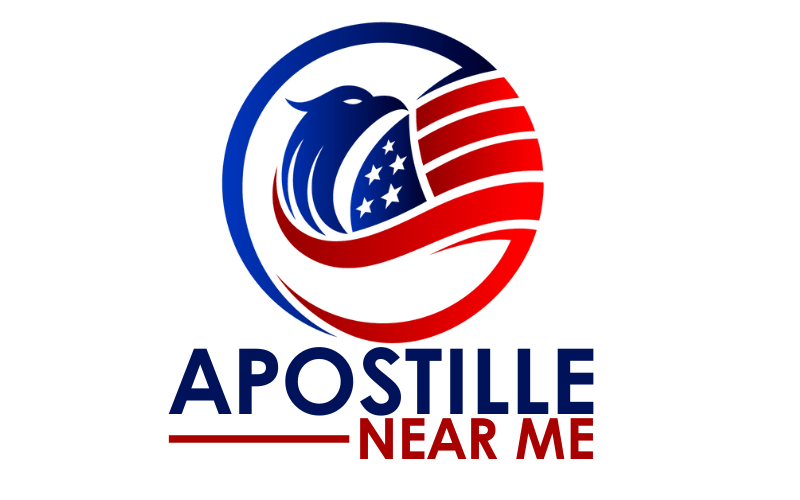Apostille Service
California Apostille Certificate
When it comes to the California Apostille Certificate, it’s essential to understand its purpose and limitations. This certificate primarily serves to validate the authenticity of the signature of the official who signed the document, the capacity in which that official acted, and when applicable, the identity of the seal or stamp affixed to the document. However, it’s crucial to note that the California Apostille Certificate does not validate the contents or information contained within the document itself.
In California, the Secretary of State plays a pivotal role in authenticating signatures, primarily on documents issued within the state. This includes documents signed by notary publics or various public officials and their deputies, such as County Clerks or Recorders, Court Administrators of the Superior Court, Executive Clerks of the Superior Court, Officers with authority beyond a single county, Executive Officers of the Superior Court, Judges of the Superior Court, and State Officials.


Dept. Of State Apostille
The U.S. Department of State’s Office of Authentications handles both apostilles and authentication certificates. According to 22 CFR, Part 131, this office issues signed certificates of authenticity for a wide range of documents, serving individuals, institutions, and government agencies. These documents include, but are not limited to, FBI Background Checks, company bylaws, powers of attorney, trademarks, diplomas, treaties, warrants, extraditions, agreements, certificates of good standing, and courier letters.
For anyone seeking authentication services for such documents for use abroad, the U.S. Department of State’s Office of Authentications is a key resource.
Embassy Legalization
In many international jurisdictions where the simpler apostille process is not in place (e.g., Vietnam, China), Embassy legalization becomes a common practice, particularly in international commerce and civil law matters.
The fundamental challenge that international document authentication processes aim to address is how civil and judicial officials can reliably verify the authenticity of documents issued abroad. Legalization tackles this issue by creating a chain of authentications, each conducted by a higher government authority. This process ultimately leads to a designated official, often within the foreign affairs department, who can verify the entire chain of verifications back to the entity that issued the original document. This streamlined approach simplifies international document recognition.
For example, consider Vernia, who wishes to obtain a divorce in the United States but was married in Brazil. To satisfy U.S. legal requirements, she must provide her Brazilian marriage certificate. However, this certificate was issued by a local authority in her husband’s rural Brazilian hometown, making it impractical for U.S. officials to confirm its authenticity directly with the Brazilian village government.

To resolve this, Vernia undergoes a controlled, sequential process of verification: Embassy legalization. This process begins with notarization by a licensed Brazilian notary, followed by attestation by the Brazilian Ministry of External Relations, complete with a stamp and signature. The final step involves presenting the document to the Legalization Section of the U.S. Embassy in Brazil, where American consular officials verify the markings affixed by the Brazilian Ministry of External Relations and add their own authentication. This formal recognition confirms the marriage certificate’s legal validity for use in the United States.

Apostille For Your State
Much like the California Apostille Certificate, Apostille Certificates issued by individual states in the U.S. serve a similar purpose. They certify the authenticity of the signature of the official who signed the document, the capacity in which that official acted, and when applicable, the identity of the seal or stamp on the document. However, it’s important to understand that Apostille Certificates do not validate the contents of the document itself.
Your state’s Secretary of State is responsible for authenticating signatures only on documents that were initially certified and signed within the same state. This includes documents signed by notary publics or various public officials and their deputies, such as County Clerks or Recorders, Court Administrators of the Superior Court, Executive Clerks of the Superior Court, Officers with authority beyond a single county, Executive Officers of the Superior Court, Judges of the Superior Court, and State Officials.
In conclusion, understanding the intricacies of Apostille Certificates, the U.S. Department of State’s role, Embassy legalization, and state-specific Apostille procedures is essential when dealing with international document authentication. Contact us today at 1-800-889-7850 to discuss your specific needs and ensure a smooth, legally compliant process for your documents.”


